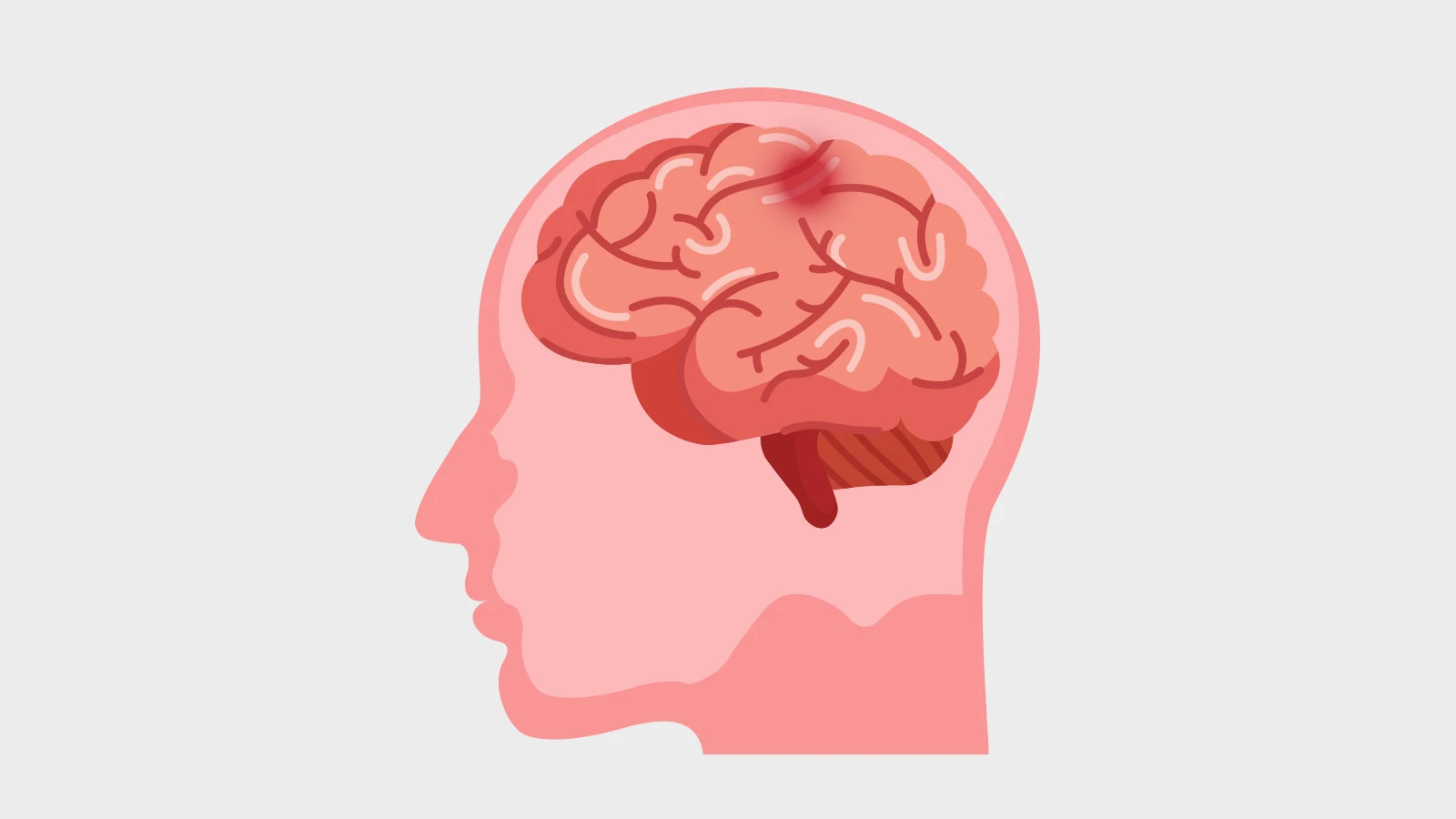If your eyes are the window to your soul, then you can get a peek at your health from that very window. Yes, you heard me right. Your eyes have a way of warning you about potentially threatening health conditions, and sometimes, only a look is enough. From diabetes to liver problems, comprehensive eye exams can detect health problems way before they start showing symptoms. Now you probably won’t skip those crucial appointments with your optometrist. Here are the most common conditions your eyes can give you clues about.
Stress
Stress affects both your mind and body, and your eyes often reflect this. The optic nerves offer a window into your nervous system, with your pupils responding directly to signals from the brain. When you're stressed, your pupils tend to dilate, preparing your eyes to detect potential threats in your surroundings.
Even eye twitches are your eye’s way of telling you that you are stressed or high on caffeine. The problem of eye twitching will go away as soon as your stress ends. But if it doesn’t, see an eye doctor about it. Screen light can also cause eye twitching as your eyes adjust to a lower level of focus. The longer you stare at a screen, the more likely you’ll experience eyelid twitching.
Diabetes

Diabetes is a chronic health condition, and once you have it, you have it for life. If your vision has become blurred all of a sudden, this could be myopia, cataracts, or this could be a sign of diabetes.
So, after you’ve had a big meal, the blood sugar levels in your body will go up, which will affect the delicate retinal vessels, and the impact will be evident in your vision. If you don’t control your blood sugar levels, this could lead to a problem called diabetic retinopathy, which may cause vision loss. Thus, if you have diabetes, make sure you get an eye test each year to stay updated about your eye health as well.
High Cholesterol
A white ring around the iris of the eye is often a sign of ageing. This condition is called corneal arcus, in which tiny fat deposits grow on the boundary of your cornea.
But if you are young and wondering why you are seeing a white or yellow circle around the cornea, then it must be a problem of high cholesterol. Do not let this problem go unchecked, as high cholesterol can also lead to other health complications.
Stroke

During an eye exam, the doctor can spot changes that may even hint towards a more serious issue, like a stroke. People with the following eye-related symptoms must get checked for this problem:
Seeing floaters or grey spots in your field of vision
Feeling pressure or pain in the eyes
Blurry vision that grows worse in one part or all of one eye
Vision loss that takes place gradually or suddenly
Liver Disease
If your eyes look yellow, it’s usually a sign of jaundice. It happens when the oxygen-carrying agents in your blood break down into bilirubin, which is a pigment that your body produces when your liver is inflamed or damaged.
Bad diet, alcohol consumption and infection can cause damage to your liver. However, small yellow spots on the eye’s surface occur due to overexposure to harmful UV rays.
Brain Tumour
In rare cases, optometrists have also detected the symptoms of more severe, life-threatening health problems such as brain tumours. During an eye exam, an optometrist can come across a swollen optic nerve, which is indicative of a tumour. This is why getting regular eye checkups every two years is important. But this condition cannot be diagnosed by an eye specialist. Thus, your doctor will refer you to a neurologist for thorough testing of your neurological system and diagnosis of this problem.
High Blood Pressure

During an eye test, your optometrist will examine the blood vessels in your eyes. Thus, they may even spot the likelihood of high blood pressure before the symptoms become apparent.
If your ocular vessels get narrowed down or start leaking, there could be a possibility that you have high blood pressure. Patients with this health condition could develop a problem known as hypertensive retinopathy. Its symptoms include:
Reduced vision
Bursting of blood vessels in the eye
Eye swelling
Double vision accompanied by headaches
Final Thoughts
Listen to your eyes, as they could tell you a lot about your general health. Do not miss out on eye exams, and if you already have a health condition that could affect your eyes, seek help from your eye doctor. To get a free comprehensive eye test, you can schedule a free eye test appointment at your nearest Specscart store if you live in Manchester or nearby.
Caution: You may become style obsessed
Your way finder
2000+ Trendy Styles

Fashion Forward Sunnies





















































